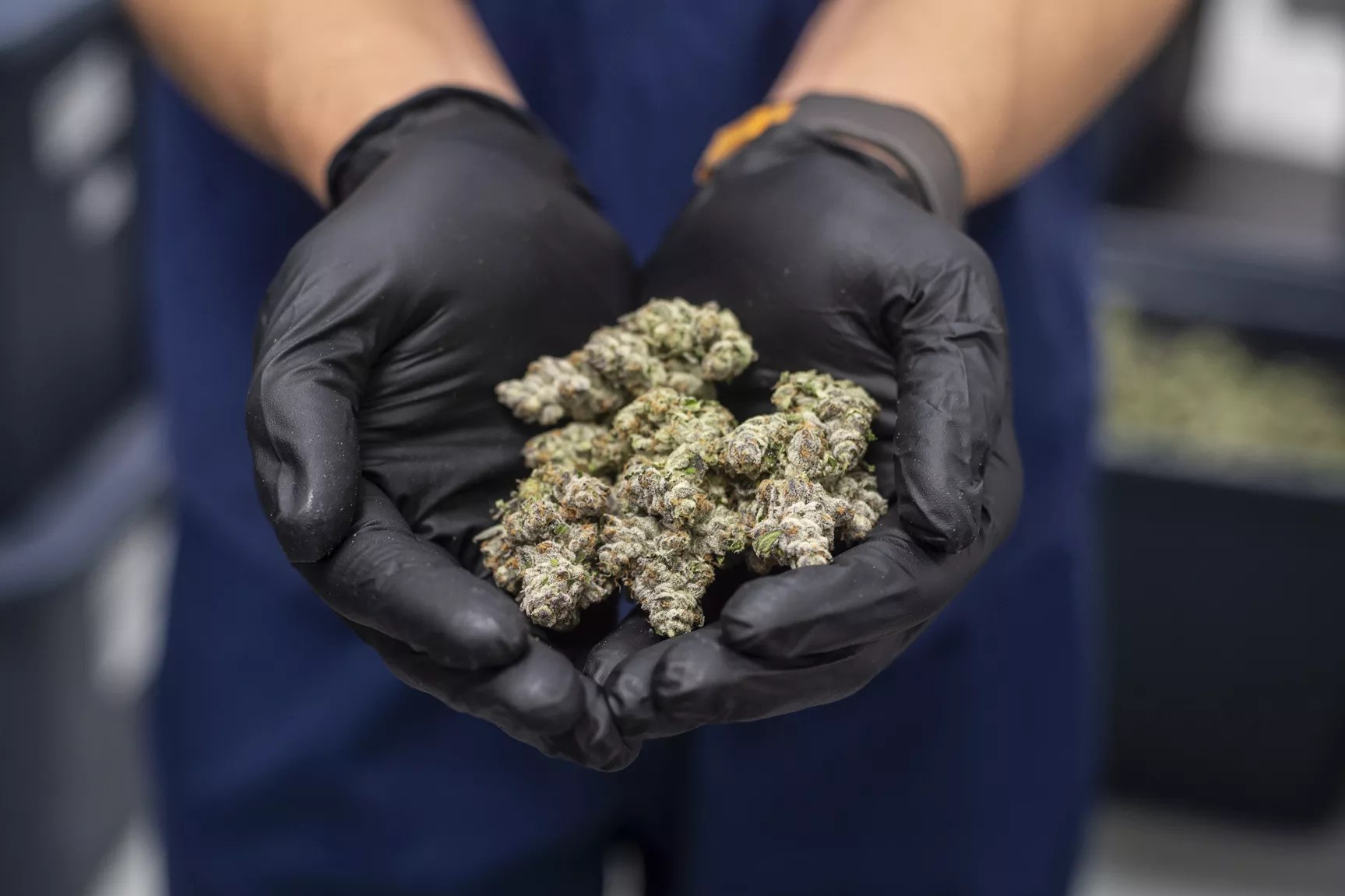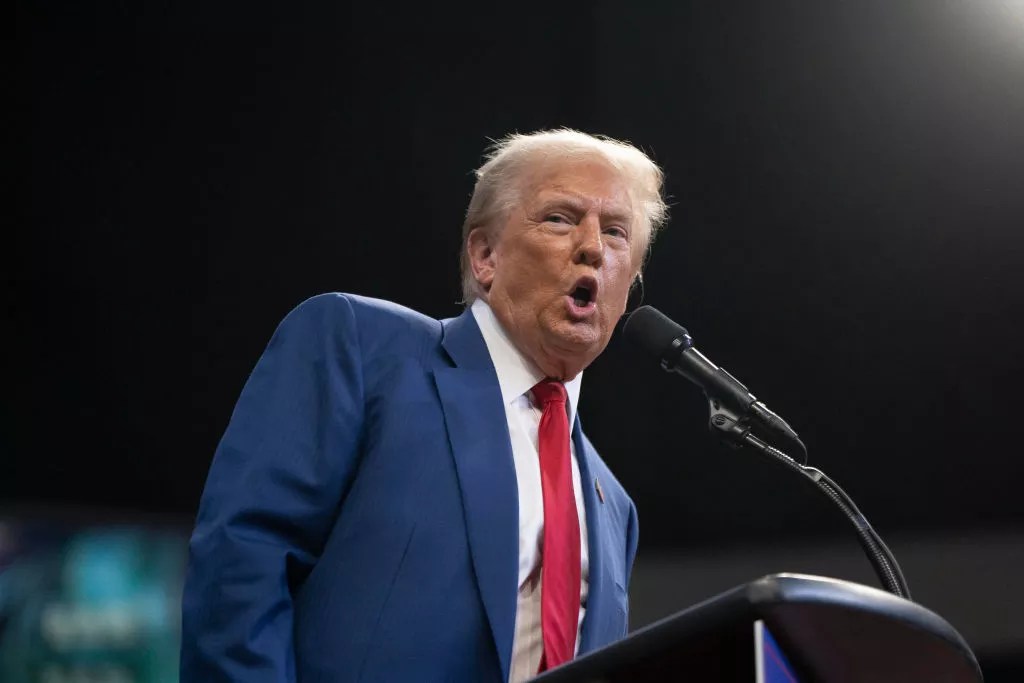
O’Hara Shipe

Audio By Carbonatix
Two years ago, in a momentous announcement, the Biden administration’s Department of Health and Human Services recommended easing federal restrictions on cannabis, a Schedule I drug classified as having no medical use and resulting in addictive behaviors. Governmental gears began turning on an effort to change the classification of cannabis from a Schedule I drug (think heroin) to a Schedule III drug (think Tylenol with codeine).
Such a change would be a boon to medical marijuana patients and the cannabis industry as a whole. But two years later, that welcomed change may be threatened, if not endangered. Despite broad support for easing regulatory burdens on the drug, the rescheduling momentum now rests in the Trump administration’s hands. On Aug. 11, President Donald Trump announced that he is “looking at” the possibility of reclassifying marijuana and that a decision would be coming soon. And he acknowledged that he had heard “great things” about the use of medical marijuana.
In the U.S., support for cannabis and especially medical marijuana grew in the 2000s. Today, many adults support rescheduling, reflecting positive scientific studies and medical professionals’ endorsement of marijuana to treat chronic pain and PTSD, for example. However, cannabis rescheduling does not mean that cannabis would be federally legalized for the public’s use, though it has been legalized at the state level in 40 states, including in Arizona. Rather, rescheduling would merely remove some research and use restrictions, lessen tax burdens on cannabis companies, reduce incarcerations and open interstate commerce.
Rescheduling cannabis would likely have a huge positive impact on cannabis businesses. They would be permitted substantial federal and state tax deductions denied them now under Section 280E of the Internal Revenue Code, which prohibits federally illegal cannabis businesses from deducting typical business expenses from their gross income. It would increase the availability of banking services to cannabis businesses that are often forced to rely on cash transactions, making neighborhoods near dispensaries safer and reducing crime. Rescheduling would also make medical cannabis available to patients nationwide through interstate commerce and would impose a systematic national process for laboratory analysis and testing of marijuana and its products.
All these implications are good for business and good for the public. Two years ago, the federal government signaled that it agreed.
By August 2023, the Food and Drug Administration had concluded that the risk to public health from misuse of cannabis was low and that patients with certain medical indications reported satisfactory treatment with the use of cannabis. As a result, in a historic first, the HHS recommended rescheduling. The nascent cannabis industry was giddy about the prospect.
On May 21, 2024, the Biden administration took it a step further, publishing an official notice in the Federal Register recommending rescheduling. The public was encouraged to send comments on the recommendation. In response, 43,000 comments from advocates and opponents alike were delivered to the Drug Enforcement Agency, which had been tasked with conducting hearings and collecting evidence on rescheduling cannabis. Evidentiary witness hearings were scheduled to be held in Washington, D.C., before a DEA administrative law judge in January 2025, but they were canceled and rulings were appealed.

President Donald Trump has signaled he’s open to rescheduling cannabis as a less-dangerous drug.
Rebecca Noble/Getty Images
The fate of rescheduling
On the campaign trail prior to his 2024 election, Trump indicated support for rescheduling cannabis. He also suggested that the regulation of cannabis should stay in the capable hands of state regulators. But during the first half of 2025, the President’s focus seemed to be on other issues of a much larger scale, including tariffs, the One Big Beautiful Bill Act and deportations.
More bad news came from Congress’s failure to pass various banking acts to provide legal clarity for banks and financial institutions in serving state-regulated cannabis businesses. Trump also appointed and the Senate confirmed a DEA administrator who is on record for saying “Just Say No” (to drugs) – hardly a viewpoint conducive to broadening access to cannabis.
There have been a few positive steps in the rescheduling process, but they’ve been small and limited to the highly regulated, monopolistic research protocols of the DEA. For example, until recently, all cultivation of and research on cannabis was conducted by the National Institute on Drug Abuse at the University of Mississippi under an exclusive contract. In 2028, that contract will conclude, according to NIDA. In addition, the DEA granted licenses for cannabis production and research to seven new companies, in addition to Ole Miss.
Beyond that, little progress on federal rescheduling had occurred since the FDA’s stunning 2023 position change until mid-August 2025, when Trump announced that his administration was considering rescheduling. Will Trump reschedule cannabis, and if he does, what can we expect?
Consider that if rescheduling occurs, there will be fewer tax receipts to the IRS and local and state jurisdictions because the typical business deductions will effectively reduce cannabis companies’ income. Will the FDA and DEA be involved in regulating cannabis? I think that’s likely, given the President’s seeming endorsement of medical marijuana programs.
What about those adult-use programs? Will they be legalized across the country? I doubt the administration will go that far, leaving the states to regulate recreational marijuana while the federal government regulates medical programs. New federal hearings and lengthy regulations on medical marijuana product testing and labeling, cannabis use and distribution, and banking, among other implementation policies and procedures, will take years to propose and ultimately pass.
Cannabis businesses that rejoiced at the prospect of rescheduling should explore contingency plans in the face of an uncomfortable prospect: that the long-awaited rescheduling of the drug might not happen after all. But a more welcomed outcome may be in the works: that medical marijuana (but not recreational marijuana) will become legal at the federal level, subject to governmental rules and regulations and regulatory oversight.
Janet Jackim is a business attorney whose practice at Fennemore focuses on cannabis transactions, litigation, commercial real estate, mergers and acquisitions and litigation.